- Justin Trudeau on the Ropes: Governing in Troubled Times
- Sutherland House Books (2024)
A weakness of democracies is their fondness for the Great Leader — the person whose character and values will ensure justice and well-being for all. That’s why so much political journalism concentrates on party leaders’ personalities and behaviour.
In populist times like these, the concentration is even more intense. Distrust in government is high and rising, and both politicians and governments seem remote from our everyday experience. Many of us want a leader untainted by political experience, someone we’d like to have a beer with. A leader who’s the scourge of all our adversaries, including politicians we don’t like, as well as the governmental institutions in which we’ve lost trust.
Paul Wells is an experienced Canadian political journalist and the author of two full-length books: one on the fall of the Paul Martin Liberals, and the other on Stephen Harper as prime minister. He has written for various Canadian periodicals and now writes on Substack. Justin Trudeau on the Ropes: Governing in Troubled Times is an 86-page extended essay and Wells’ second mini-book for Sutherland House Books.
It’s a form well suited to Wells’ writing style, enabling him to go into detail without bogging down.
Wells builds his book around Trudeau’s famous March 2012 boxing match with Conservative Sen. Patrick Brazeau. The young Trudeau was famous, but only as his father’s son. While he was then an MP, the New Democrats were the official Opposition and the Liberals were in third place in Parliament.
Wells notes that Trudeau was accustomed to attention, and when he stepped into the ring, he exploited it. The boxing match was a fundraising event for cancer research in an Ottawa hotel and drew public attention. It made him an underdog against the much bigger Brazeau. But Wells sees the match as having two outcomes Trudeau could accept: He could lose, but what did everyone expect? At least he tried. Or he could win, and startle everyone.
In literary terms, Trudeau was an eiron, the Greek word for a man who is much more than he seems and who reveals himself in a dramatic gesture. Considered a privileged lightweight, Trudeau gained instant respect — and more attention.
Wells makes a good case that Trudeau will run one more time because he could lose, but what did everyone expect? Or he could win, and silence his critics.
But that kind of stubborn faith in one’s own capability isn’t really what’s necessary to run a government. Good leaders must understand both the people they’re leading and the mechanisms — the institutions — they’re leading them with.
The fall of the Liberals, the rise of Trudeau
Without being explicit about it, Wells’ history of Trudeau’s rise to leadership and government shows that Trudeau understands those institutions and can shape them to his wishes. Sometimes the result is a success; too often, it’s a failure.
For example, Wells concisely describes the Liberal party’s self-lobotomization after the departure of Jean Chrétien in 2003. As Paul Martin rose through the mid-2000s, his followers fired the old party staffers who’d worked for Chrétien. With Martin’s exit in 2006, Stéphane Dion’s staffers did the same, and then Michael Ignatieff’s. Before long, the Liberals had little collective memory of how to run a Canadian party, much less run a government.
Working with a small group of followers, Trudeau won the Liberal leadership in April 2013, one year after the famous boxing match victory. He began to build a network of “supporters” who identified as sympathizers but weren’t ready to join the party or start donating to it.
They were not yet part of the Liberal party as an institution, but they would be invaluable in helping win the next election.
Sunny ways, but toe the line
Wells notes that for all his sunny ways and professed love of debate, Trudeau didn’t much like serious differences within the Liberal caucus. Once he was leader, dissidents could state their views, but then accept the party line.
After the 2015 election, party unity was enforced by a powerful Prime Minister’s Office. Trudeau had named his father as the cause of PMO power, and had promised to end it; instead, the PMO took over still more control, appointing chiefs of staff for cabinet ministers (Wells calls them “minders”) and sharply reducing the freedom of ministers and backbenchers alike. Clearly, Trudeau understood his party and the key levers of government.
His newly shaped government worked well, until it didn’t. The SNC-Lavalin affair resulted in the departure of Attorney General and Justice Minister Jody Wilson-Raybould, as well as Treasury Board President Jane Philpott.
Trudeau’s image as a feminist and supporter of reconciliation was tarnished. As Wells wryly notes, Trudeau has “a real gift for chasing talent away.”
Outsourcing advisers
But his control over the cabinet increased. He also tackled another institution, the civil service. Once it had been a formidable body of smart bureaucrats with the experience and confidence to debate its political masters and sometimes save them from themselves. But the Trudeau PMO gradually reduced it to obedient servants who didn’t question their orders. Increasingly, the Trudeau government has turned to outside consultants rather than its own experts.
So it could be said that Justin Trudeau has shaped some key institutions to suit himself. But has doing so helped him?
In the SNC-Lavalin affair, Trudeau did himself real harm and made his cabinet and caucus look like so many bobbleheads. His holidays with rich friends like the Aga Khan raised serious questions about Trudeau’s ethical sensitivity.
But it was COVID-19 that really tested his skills as sculptor of institutions.
In the early days of the pandemic, the government could have responded faster, but his bureaucrats had reduced the Global Public Health Intelligence Network, an international disease-surveillance program, to a mere aggregator of news items.
Politically, though, Trudeau moved fast to rescue workers and businesses as the pandemic worsened. His promotion of vaccines was good, but his failure to share them with low-income countries was not.
But by then he had alienated the Canadian right wing with his vaccine mandates for health workers and public servants, and one result was the Ottawa convoy in 2022.
‘Othering’ the anti-vax right
Wells argues that Trudeau deliberately divided Canadians on vaccination mandates during the 2021 election. The vast majority of Canadians, Wells says, were vaccinated and glad to be so.
But some on the right wing were opposed to mandates or to vaccines altogether. By criticizing the anti-vaxers, Trudeau pulled a majority of voters to his side and thereby won a minority government.
I doubt that it was quite that deliberate. Vaccination was proven science, even the brand new COVID vaccines, and resisting vaccination only added to the toll of disease and death. Trudeau had the support of his public health officials and the general public. Until he didn’t.
Our multiple public health responses, federal and provincial, were often clumsy and politically motivated to give cover to politicians and senior bureaucrats. If the right-wingers were angry about masks and vaccines, everyone else was soon baffled or infuriated by the collapse of public health into a matter of personal choice.
Perhaps Trudeau himself saw “following the science” as divisive and chose to fall silent about COVID-19 altogether. If so, he was like most national leaders around the world.
No ‘Great Reset’
Wells also questions the wisdom of the Trudeau team in pushing for a “Great Reset” of the economy amid the pandemic. It’s a political truism that a crisis is a terrible thing to waste, since the usual opponents of change are temporarily off balance.
Since the status quo had gotten the world into this mess, the pandemic would be an ideal time to try to change it by solving some serious institutional problems.
But that dream soon vanished as well, and Trudeau’s government is trying to pretend it’s 2019 again.
If we look at Trudeau as a shaper and steersman of institutions, we can say he has had remarkable success — perhaps aided by his experience as his father’s son.
But in terms of social and political results, he’s failed. The country is indeed divided.
Wells says Trudeau won in 2021 thanks to “affective polarization” based on support for vaccination. But then came the convoys, and the effective dismantling of public health into personal preferences.
Poilievre, a seasoned pro
The question then arises whether Conservative Leader Pierre Poilievre also understands how to influence the institutions through which he would govern Canada. It seems likely that he does. He has been a lifelong politician, very involved with Stephen Harper’s reshaping of government, and his time in opposition since 2015 has doubtless taught him a great deal. An insider all his life, Poilievre has cast himself as an outsider, fighting the elites on behalf of ordinary Canadians.
But as prime minister, Poilievre would likely continue much of what Trudeau did to our institutions. He could restore the public service to its lost glory, but would more likely continue Trudeau’s promotion of consultants over the advice of bureaucrats. Stephen Harper created the Public Health Agency of Canada after the 2009 H1N1 pandemic, but it seems unlikely that Poilievre would want to rebuild it after COVID-19. It would be politically more attractive to leave public health to the provinces and to minimize the federal presence.
Poilievre would likely keep his cabinet ministers, as Trudeau has, as a quiet line of bobbleheads standing behind the prime minister at every major announcement. A Poilievre PMO, like Stephen Harper’s, would most likely tolerate no bozo eruptions in the Conservative caucus.
Wells closes his short book by quoting what Trudeau promised to be when he first won an election: “A PM who never seeks to divide Canadians but takes every single opportunity to bring us together. You want a prime minister who knows that if Canadians are to trust their government, their government need to trust Canadians, a PM who understands that openness and transparency mean better, smarter decisions.”
Neither he nor Poilievre meets that job description. We will have to await a new applicant who can do all that and shape Canadian institutions to deliver on those promises. ![]()
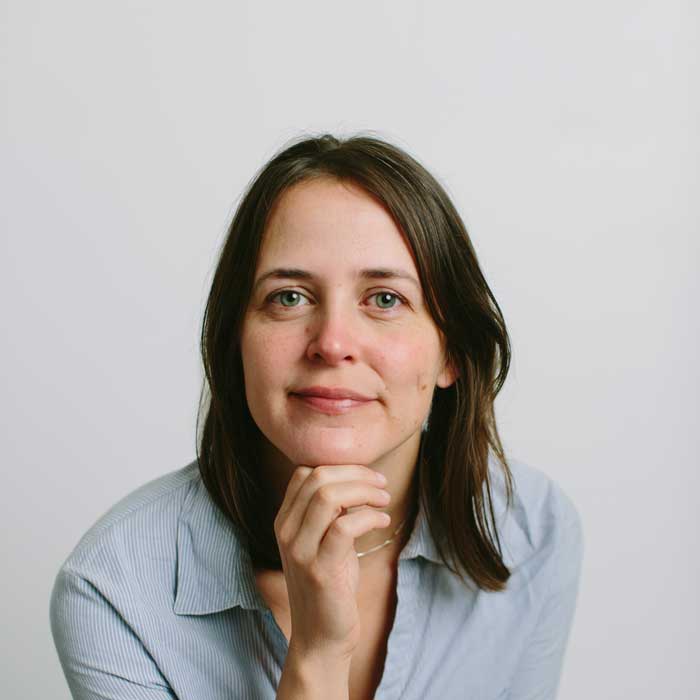

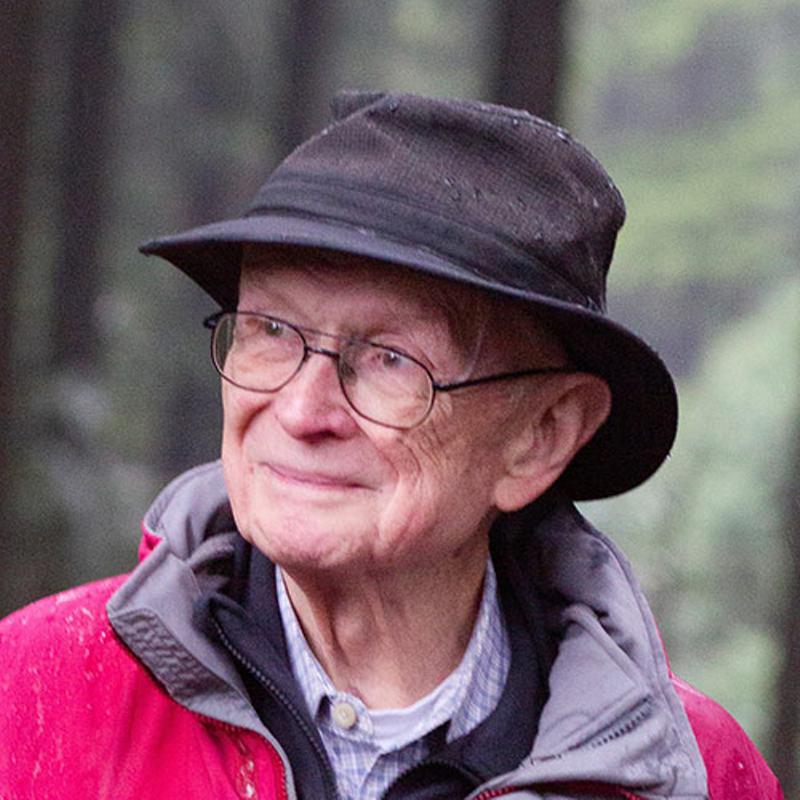

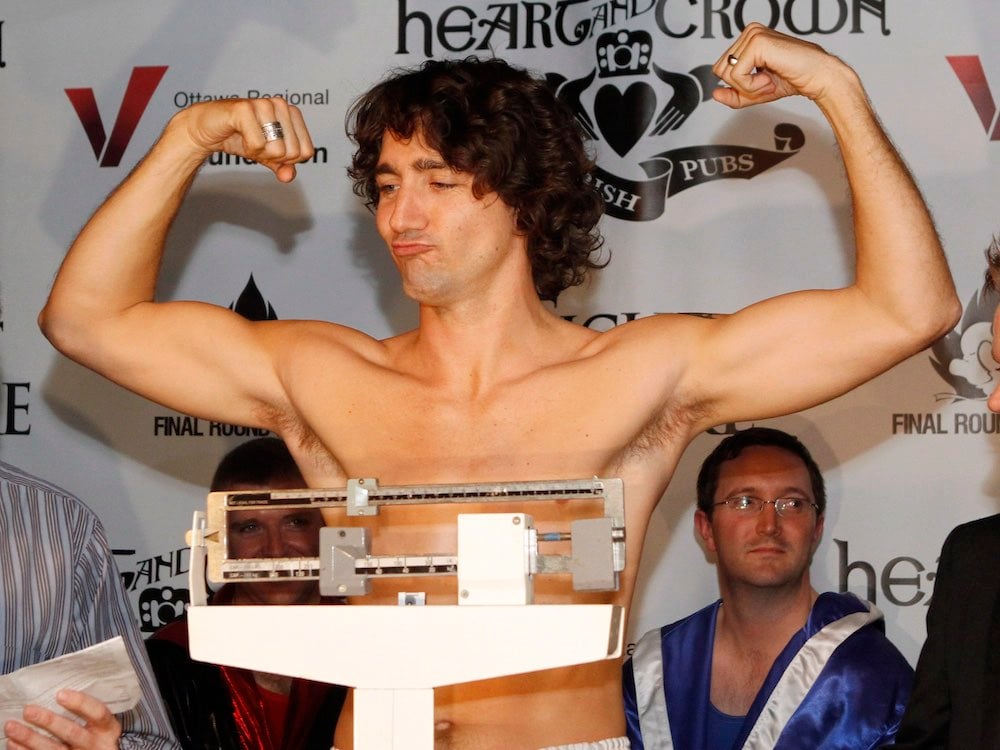
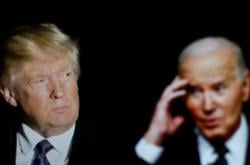


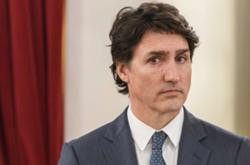
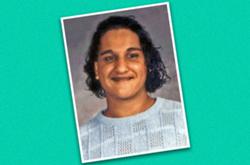
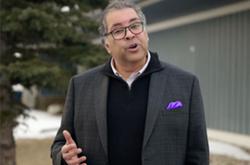
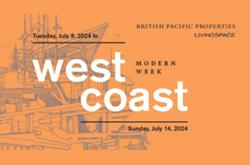




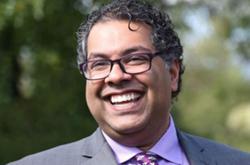
Tyee Commenting Guidelines
Comments that violate guidelines risk being deleted, and violations may result in a temporary or permanent user ban. Maintain the spirit of good conversation to stay in the discussion and be patient with moderators. Comments are reviewed regularly but not in real time.
Do:
Do not: